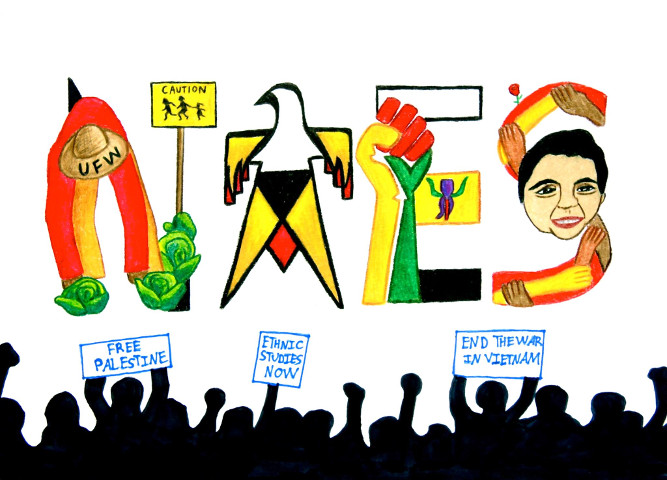Explorations in Ethnic Studies

Orginal Publication Date
1988
Journal Title
Explorations in Ethnic Studies
Volume
11
Issue
ees/vol11/iss1
First Page
23
Last Page
36
Abstract
The birth of ethnic studies in the American university was accompanied by the politics and pedagogy of rage, pride, and mistrust for the then prevailing curricular academic structures and its tradition-bound, academically conservative gatekeepers. The campus take-overs, student demands, and confrontations were a common expression of the times, and concomitantly these were also shapers of the changing times. The presence or absence of ethnic minority faculty and students in our universities was and continues to be one of many indices by which we measure the willingness of this society to live up to its responsibility and promise to guarantee expanding educational opportunity for all. The creation of ethnic studies programs as a legitimate academic course of study in the university was one key part of that long range objective. Many universities now boast of departments and programs in Afro-American Studies, Puerto Rican Studies, Chicano Studies, Native American Studies, and other ethnic studies entities. Today's student can leaf through the semester's schedule of courses and choose from a wide array of ethnic studies offerings and think only of whether or not it fits into his/her program. Even traditional academic departments, formerly resolute in their refusal to include ethnic studies courses in their curriculum, now cross-list, and in many instances generate their own version of ethnic studies courses in direct competition with existing ethnic studies programs.
Rights
Copyright, ©EES, The National Association for Ethnic Studies, 1988


